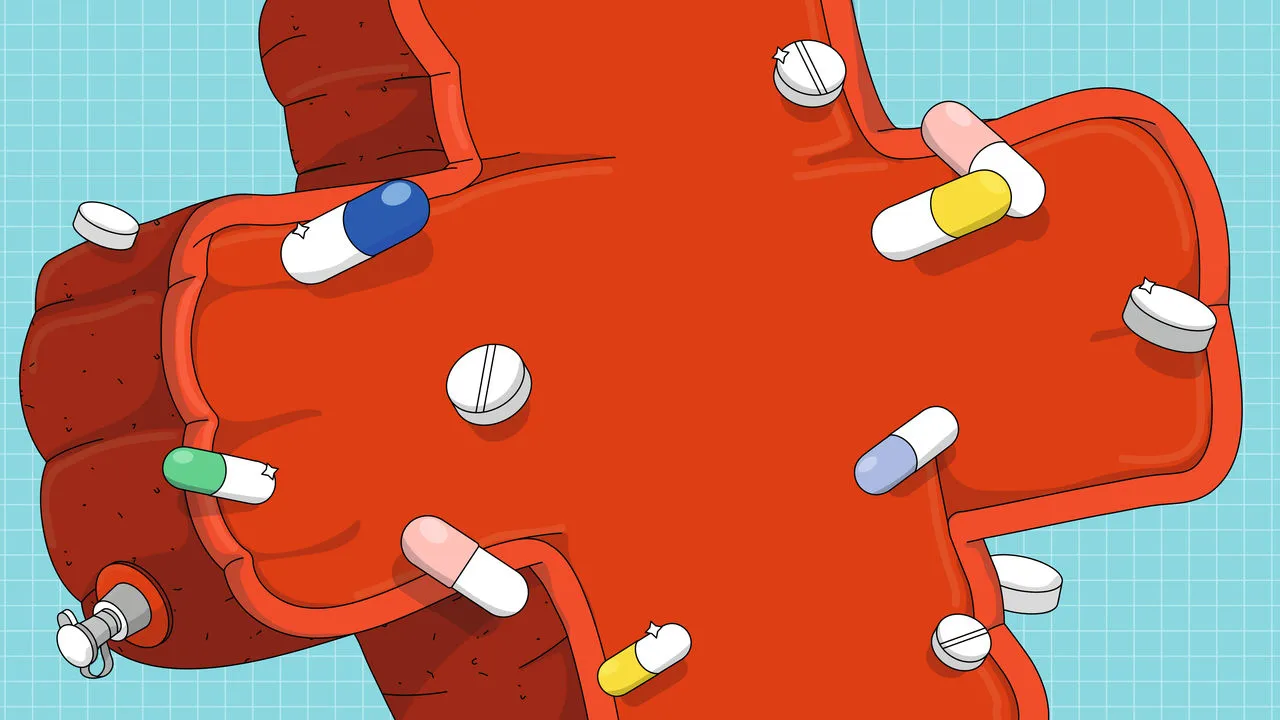Baby teeth are the first set of teeth that come in, or erupt, after birth. They’re temporary, meaning they’ll eventually fall out and be replaced by permanent teeth.
Baby teeth are also known as deciduous teeth, milk teeth, and primary teeth.
Typically, baby teeth start erupting when a child is between 6 to 12 months old. But every child is different. Some children are born with teeth, some might get their first teeth as soon as 4 months old, while others might get theirs closer to 12 months.
If your child has no baby teeth by 12 months, bring them to the dentist. You should also bring them to the dentist if the remaining teeth don’t come in by the time they are 4 years old.
Let’s go over the usual teething timeline in children. We’ll also cover the potential causes of late teething.
In general, baby teeth start coming in between 6 to 12 months. A majority of children will have their first tooth by their first birthday.
The expected eruption times of different teeth depends on the tooth. According to the American Dental Association, typical timelines for the upper teeth include:
- Central incisor: 8 to 12 months
- Lateral incisor: 9 to 13 months
- Canine (cuspid): 16 to 22 months
- First molar: 13 to 19 months
- Second molar: 25 to 33 months
Meanwhile, the timelines for lower teeth include:
- Central incisor: 6 to 10 months
- Lateral incisor: 10 to 16 months
- Canine (cuspid): 17 to 23 months
- First molar: 14 to 18 months
- Second molar: 23 to 31 months
All baby teeth will usually come in by 27 to 33 months, or around age 3.
Remember, these timelines are general. Your child’s order of baby teeth development might differ.
It’s also typical for baby teeth to erupt 6 to 12 months after their expected eruption time. That said, if your child’s remaining baby teeth are erupting as they near 45 months (about 4 years old), it’s likely not a problem.
Delayed tooth eruption occurs when a tooth comes in later than the typical timing.
For first baby teeth, an eruption between 12 to 24 months may be atypical. For remaining baby teeth, eruption after 4 years is likely atypical.
A pediatric dentist can determine whether your child’s teething timeline is appropriate for their developmental progress.
Several possible factors may cause delayed tooth eruption. In some cases, it may be the first or only symptom of an underlying medical condition.
Causes of delayed baby teeth include:
Premature birth or low birth weight
A premature birth occurs when a baby is born too early. Premature babies have a higher risk of delayed growth and development, including late tooth eruption.
Similarly, low birth weight babies are more likely to have developmental challenges. This includes late teething.
Malnutrition
Proper nutrition during pregnancy and childhood is essential for proper growth. Malnutritionduring these times can cause late teething. Specifically, it can lead to eruption delays of 1 to 4 months.
Syndromes
Some syndromes can cause delayed eruption of baby teeth, including:
- Down syndrome
- Apert syndrome
- Ellis-van Creveld syndrome
- Hutchinson-Gilford progeria syndrome
- Zimmermann-Laband-1 syndrome
- Axenfeld–Rieger Syndrome
These conditions may delay eruption of permanent teeth, too.
Developmental disorders
Late or absent baby teeth might be due to developmental disorders, such as:
- cleidocranial dysostosis
- ectodermal dysplasias
- regional odontodysplasia
Endocrine disorders
The endocrine system is responsible for producing hormones. Some of these hormones regulate growth and development.
An endocrine disease might lead to delayed tooth eruption. This may include:
Genetics
If you have a family history of late teething, your child might be prone to it, too. Similarly, if any of the conditions mentioned above run in your family, it may be related to your child’s late teething.




